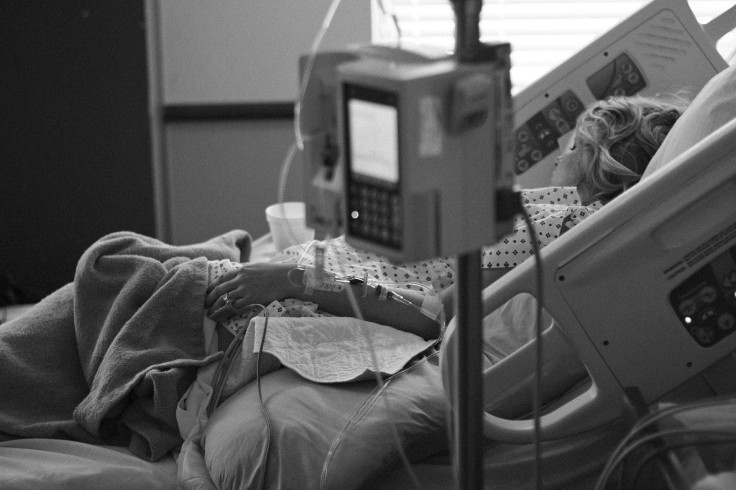Health Care Proxies Often Overly Optimistic About Their Patients' Prognoses; Better Doctor-Family Communication Needed

When critically ill patients are incapable of making decisions for themselves, a surrogate decision-maker, also known as a health care proxy, is assigned. This person is usually a close friend or family member who is expected to know what is best for the patient, but their decisions are not always made as such. According to a new study, published in the Journal of the American Medical Association, surrogate decision-makers often hold fundamentally different beliefs about the patients’ prognoses than their doctors, and usually, those beliefs are overly optimistic.
For their study, researchers from the University Of Pittsburgh School Of Medicine surveyed surrogate decision-makers and doctors of hospitalized patients in four intensive care units at the University of California, San Francisco Medical center. Of the 229 surrogate decision-makers who were included, most were family members or friends of the patient.
Both the surrogates and the doctors were asked to estimate the chance that the patients would survive, on a scale of 0 (no chance of survival) to 100 (definite survival). The surrogates did not know the doctors’ answers, and vice versa. The researchers found that their answers differed by over 20 percent more than half of the time. The surrogates were usually far more optimistic about the patients' survival, while the doctors most often predicted the prognosis with far more accuracy.
"It isn't a bad thing for a patient's family and friends to have hope that they will recover," said the study’s lead author, Dr. Douglas B. White, a professor in the Pitt School of Medicine’s Department of Critical Care Medicine, and director of the department’s Program on Ethics and Decision Making, in a press release. "However, it is problematic when those overly optimistic expectations result in more invasive treatments in dying patients and delayed integration of palliative care that can alleviate suffering."
It turns out that the surrogates were well aware that their expectations were overly optimistic. When the researchers asked the surrogates to guess what the doctors answered in the survey, the surrogates guessed that the predictions were for a lower chance of survival. This indicated that the surrogates’ optimism was not based on a misunderstanding of the patient’s prognosis, but on hope.
Most often, the surrogates explained to the researchers that their positive outlooks were based on one of three reasons. First, if the family maintained hope, they believed the patient would do better than expected. Second, they believed they knew the patients’ strengths better than the doctor. And third, optimism was linked to religious beliefs.
The researchers noted that these findings will help shape how physicians are trained to communicate with the friends and family of critically ill patients. In this way, physicians can help families make the best and most informed decisions for their loved ones.
"As doctors, we want to provide the best possible care for our patients. In critically ill patients, that means we must do a better job communicating with the people who are making decisions for our patients," said White. "Given the results of this study, we're working to develop and test interventions both to improve the comprehensibility of the prognosis doctors give to surrogates, and to better attend to the emotional and psychological factors that may influence the surrogate's expectations for their loved one's outcome.”
Source: White DB et al. Prevalence of and Factors Related to Discordance About Prognosis Between Physicians and Surrogate Decision Makers of Critically Ill Patients. Journal of the American Medical Association. 2016.



























